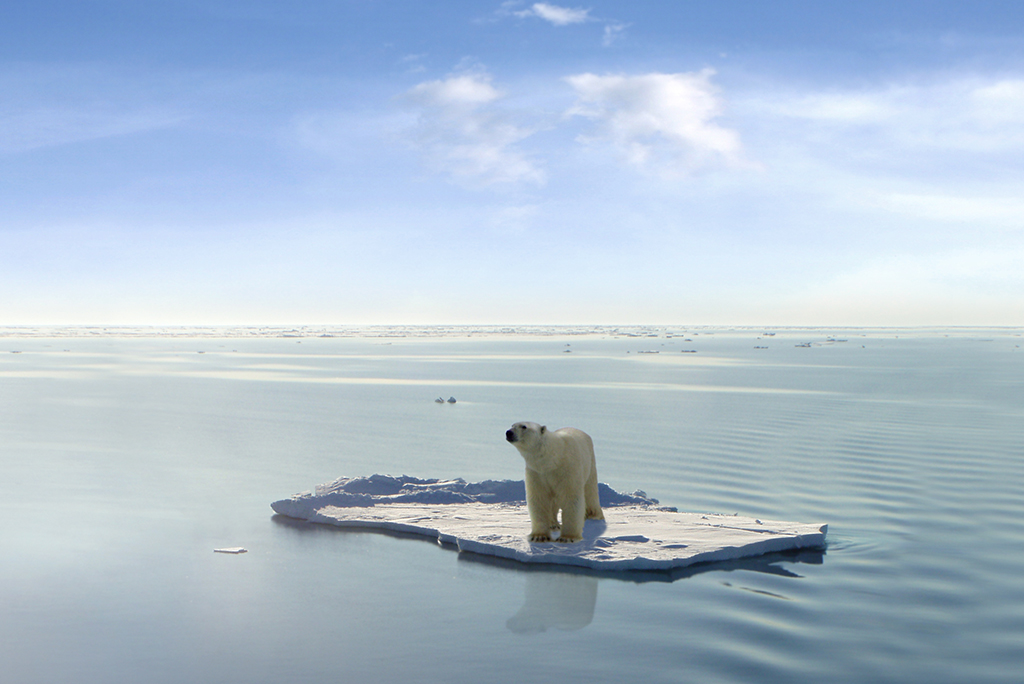Published on
By Jennifer Lu | MU Bond Life Sciences Center
Climate change is a pressing issue.
Just last week, the National Academies of Sciences, Engineering and Medicine published a report linking climate change to extreme weather conditions such as heat waves, droughts, and heavy snows and rains. Globally, 2015 was the warmest year on record, according to climate updates from the National Oceanic and Atmospheric Administration. And January kicked off this year by logging temperatures exceeding those of all previous Januaries on record, a disturbing trend that’s persisted for nine consecutive months to date.
Meanwhile, GOP candidates either do not believe in climate change or deny that it is caused by human activity, or have no strategies to combat climate change. And Democratic hopefuls Hillary Clinton and Bernie Saunders split on how to transition to renewable energy and reduce our carbon footprint.
How do we make sense of this?
The 12th annual Life Sciences & Society Program symposium — with events from March 17 to 19 — will tackle one of the most pressing issues facing the world today. Titled “Combating Climate Change,” speakers will address topics such as using technology to help curb global warming, how rising temperatures and more extreme weather will impact human health, the role of government in taking action to combat man-made climate change, and how to effectively communicate climate change.
Marcia McNutt–editor-in-chief of the leading journal, Science, and a geophysicist by training—will talk about the “promise and peril” of climate interventions such as carbon dioxide removal (CDR) and albedo modification, a process that involves spraying particles into the atmosphere to reflect more sunlight back into space to cool the earth.
There has been “significant advancement” in technologies such as carbon capture and storage, McNutt wrote by email, but these technologies have not moved beyond the research stages for economic reasons.
She pointed out that most climate interventions act slowly and take time to implement.
Albedo modification is the exception, McNutt said, but while quite a bit of work has been done to model its effects, the risks are high.
Few scientists believe we know enough about albedo modification to seriously consider it, she said.
“There is no silver bullet that is a magical antidote to climate change,” McNutt said.
The full line-up of speakers for this year’s symposium includes:
- Andrew Revkin, environmental journalist and author, who proposed the term “anthrocene” to describe “a geological age of our own making” in his 1992 book, Global Warming: Understanding the Forecast. (Paul Crutzen, an atmospheric chemist who won a Nobel prize for studying ozone layer depletion , popularized the more familiar term, ”Anthropocene,” in 2000.)
- Marcia McNutt, editor-in-chief of Science
- Wes Jackson, founder and president of The Land Institute, a non-profit organization dedicated to sustainable agriculture
- Marshall Shepherd, professor of geography and director of the atmospheric science program at the University of Georgia
- George Luber, an epidemiologist at the Center for Disease Control and the associate director for climate change in the division of environmental hazards and health effects
- Naomi Oreskes, professor of the history of science at Harvard University. Her book co-written with Erik M. Conway, Merchants of Doubt, showed how rich and powerful industries retained a core group of scientists who used their expertise to create doubt and protect industry interests
To see the schedule of this week’s events and register for the symposium, visit the MU LSSP website.
